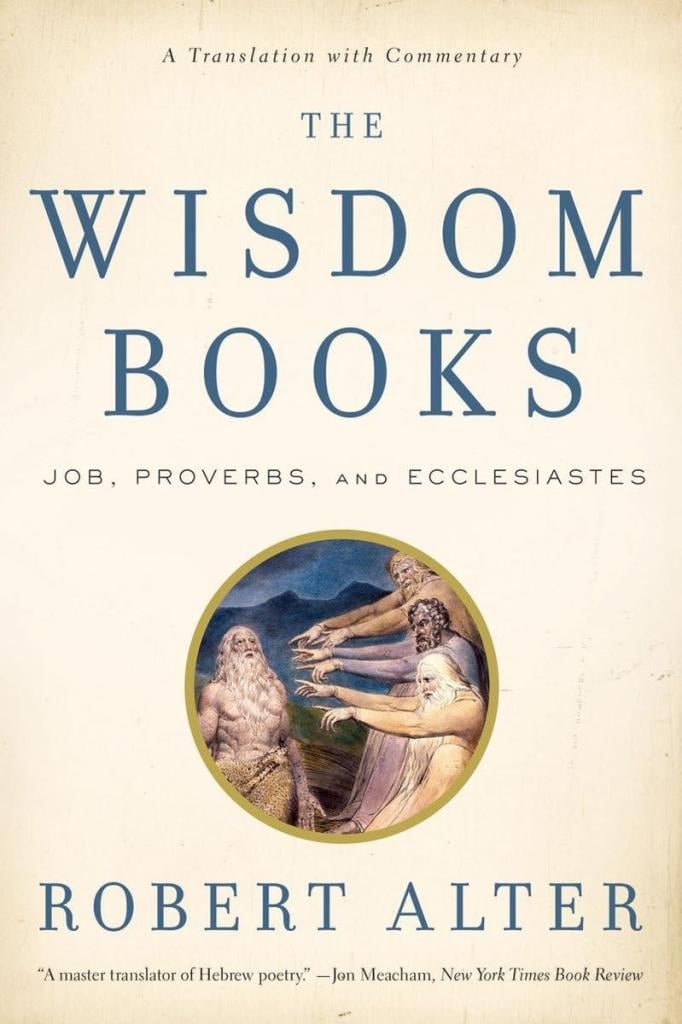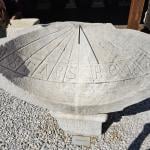As Robert Alter points out, in Prov. 1-9 wisdom comes in the form of long form poems or didactice discourses, not unlike the discourses in John’s Gospel. By contrast, beginning in Proverbs 10 we have what is called gnomic wisdom– one lines, brief proverbs, enigmatic sayings, not unlike some of Jesus’ famous one liners in the Synoptic Gospels. All four Gospels portray Jesus as a sage, but the Johannine portrait is more like Prov. 1-9, and the Synoptic sort with sayings like ‘render unto Caesar what is Caesar’s and unto God what is God’s.
The proverbs in Prov. 10 begin with brief, sometimes enigmatic contrasts– “Blessings on the righteous man’s head/ but outrage will cover the mouth of the wicked”. “Hatred foments strife/but love covers up all misdeeds’. “Like vinegar to the teeth and smoke to the eyes, the sluggard is to those who send him.” “A golden ring in the snout of a pig/A lovely woman who lacks good sense.”
To illustrate just how difficult some of these compact proverbs are consider Prov.13.24: “Who spares the rod hates his son/but who loves him seeks him out for reproof/correction.” But the Hebrew involves internal rhyme and assonance in very few words: as in ‘hoseikh shivto, sonei beno’. And of course all the poetic effect of rhyme and assonance is lost in translation. Actually ‘spare the rod/spoil the child’ would be closer to the first line.
Some of the proverbs strongly contrast outcomes for the righteous and the wicked, but some are just insightful human observations like Prov. 14.13– “Even in laughter the heart may ache/and joy’s end is sorrow.” Or how about 14.30– “a healing heart is life to the body/but envy is a rot in the bones”, or perhaps Prov. 15.1 “A soft answer turns back wrath/but a hurtful word stirs anger” or. 15.4. “Healing speech is a tree of life/but perverse speech breaks the spirit.” Some of the sayings are more theological in character like 15.11: “Sheol and Perdition [these are synonyms referring to the vast depths of the land of the dead] are before the Lord/how much more so the hearts of human beings.” This saying is reflecting on the all knowing character of God– nothing escapes his notice, in this life or the next.














